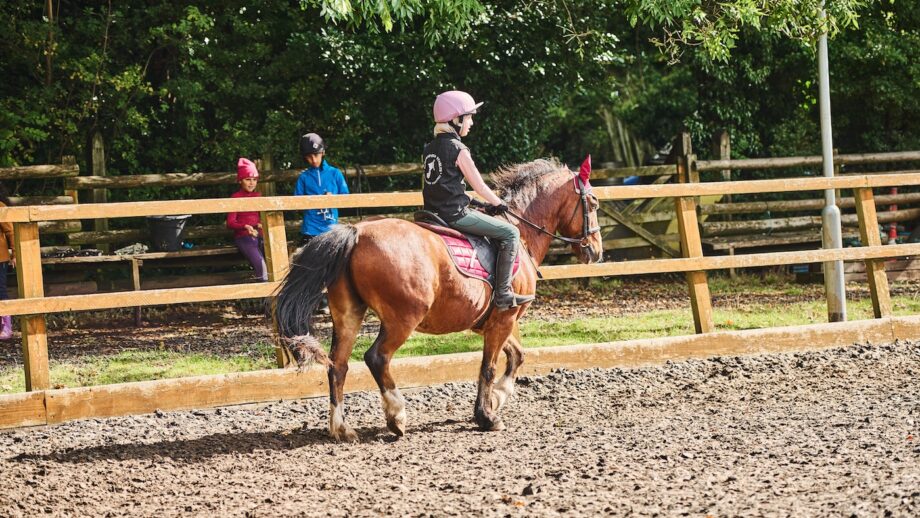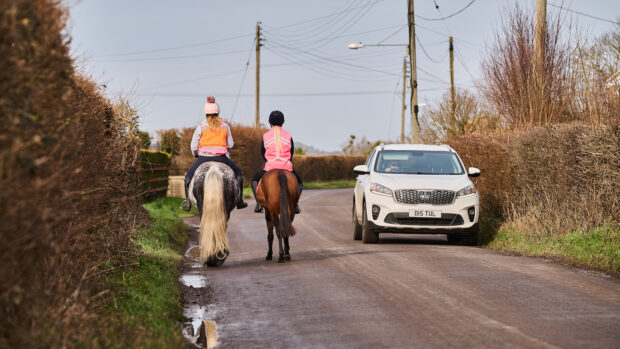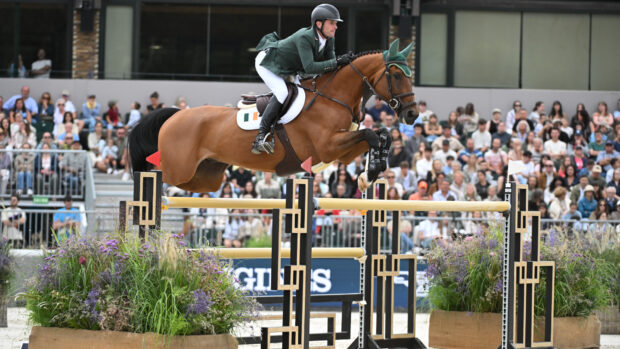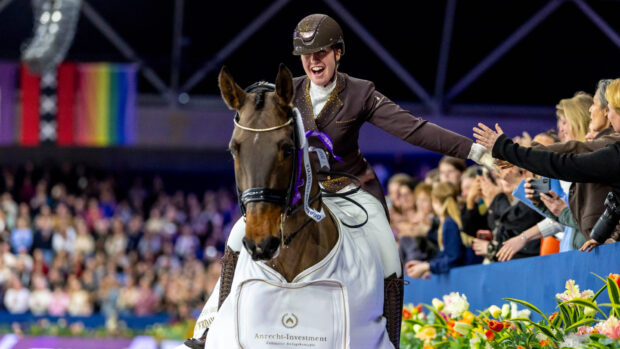Britain has lost 84 precious riding schools since 2022 – but the rate of closures has slowed, and there is praise for the resilience of those who are surviving, and thriving.
British Horse Society (BHS) research showed that 250 schools closed between 2018 and 2022, a 15% drop leaving 1,497 in Britain. The BHS has since found that 84 more have closed; CEO James Hick told H&H this 6% drop is less bad, “but still a very stark number”.
“We estimated last time that it was more than one million hours of riding opportunity lost per year,” Mr Hick said. “So this is another half of that again. More than 80% of people learn, get their first experience of horses, in a riding school. So it’s still a very bleak picture in many respects.”
But there is positive news; the BHS found a “considerable increase” in animal activity licensing. Since 2022, 174 more of these licences have been issued for equine-related endeavours. This can include “pony parties” but also equine-assisted therapy.
“That’s good news, because there’s an opportunity for people to engage with horses,” Mr Hick said. “We know from the Voconiq research, if people engage once they’re 50% more likely to advocate for horses.
“The news is not good, but it could be a lot worse. And the resilience is incredible. I’m always blown away by the ability people have to be innovative and creative in terms of thinking about their businesses, as well as delivering day to day.”
Mr Hick said capacity is not generally an issue; many schools have waiting lists, it is more productivity and profitability. Staffing remains a challenge and Mr Hick cited the BHS’s career transition fund, which has issued more than 1,400 vouchers to help people train to be coaches. This supports those who provide the coaches’ training.
The BHS Changing Lives Through Horses (CLTH) programme, which helps disengaged young people, is also growing.
“That’s really important in improving profitability, doing good, proving [the effect of] horses in society,” Mr Hick said “Last academic year, we had more than 1,700 young people in the programme, and we’ve got 150 riding schools able to deliver it, which is brilliant. We’ll continue to help develop schools into that.”
Work is ongoing on quantifying the value of horses in society, and the benefit of involving horses in “green social prescribing”; supporting people in outdoor activities for its health benefits, which could mean funding for providers.
“I estimate that CLTH creates around £4m incremental value to riding schools a year,” Mr Hick said, adding that such activities also benefit participants, and society.
Overall, Mr Hick said he is optimistic, despite the continuing cost of living.
“I’m relieved by the statistics, because they could have been much worse,” he said. “It’s still extremely challenging but centres are rising to the challenge. I feel very positive, because I see so much good and how people are shifting and adapting.”
One thriving riding school is Rein and Shine near Swindon, run by John and Johanna McDonald.
“I’m not horsey,” Mr McDonald told H&H. “It works because there’s a non-horsey person looking after the business. She’s the horsey one, I’m happier looking at a spreadsheet!”
Mr McDonald said the business-focused approach is key, as well as top customer service. The school recognises that there are at least two clients for each session; riders and their parents or partners.
“I thought it was crazy to have a business where half the clients don’t want to be there,” he said. “If you provide the right facilities – snacks and drinks, a dry place to watch – there’s something for them too.”
The couple ensured the school and livery yard had financial and business plans and structures.
“It’s run like any business, with sales, marketing, HR,” Mr McDonald said. “You have to have that to thrive.”
The school also offers non-ridden horse-related activities, as well as the CLTH programme, which accounts for about 25% of its revenue, so the McDonalds get “the satisfaction of helping develop young people” as well as the boost to the business. They work with further education providers and PGL adventure holidays, and emphasise charging appropriate prices for a quality service.
“Little things add up, and it’s about marketing and focusing on developing and seeing the opportunities for your business,” Mr McDonald said.
- To stay up to date with all the breaking news from major shows throughout 2025, subscribe to the Horse & Hound website
You may also be interested in:

‘Riding is at risk’ as 250 schools have closed in four years

‘They could lose their beloved horses’: riding school and equine rescue at risk as council leases its grazing to alpacas

Horses’ ‘magical’ lifeline for young people could help our sport thrive

What the public really thinks and how horse sport can gain trust

Subscribe to Horse & Hound magazine today – and enjoy unlimited website access all year round




